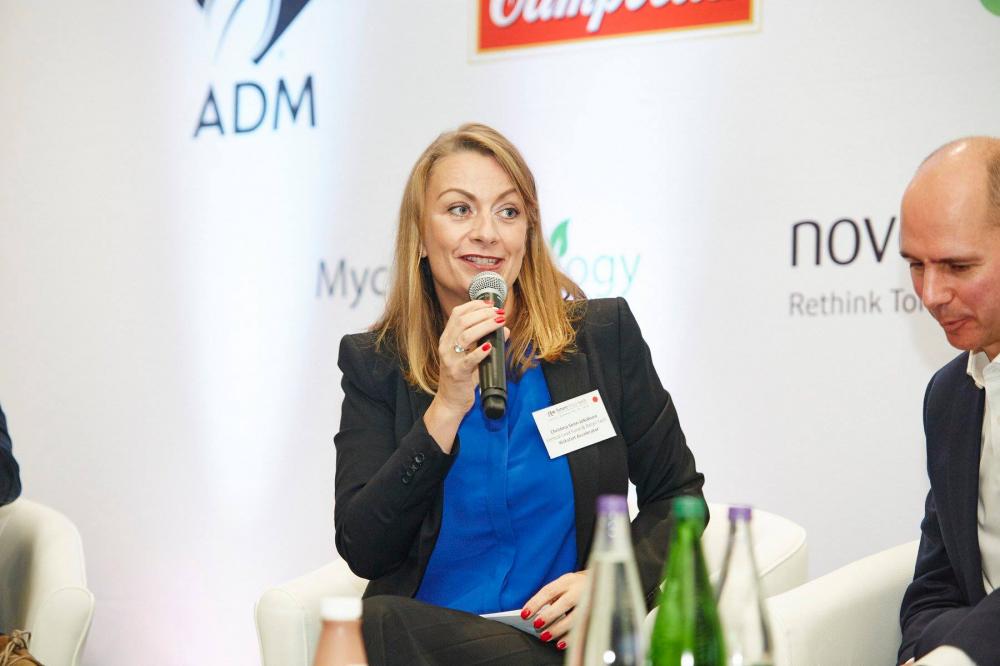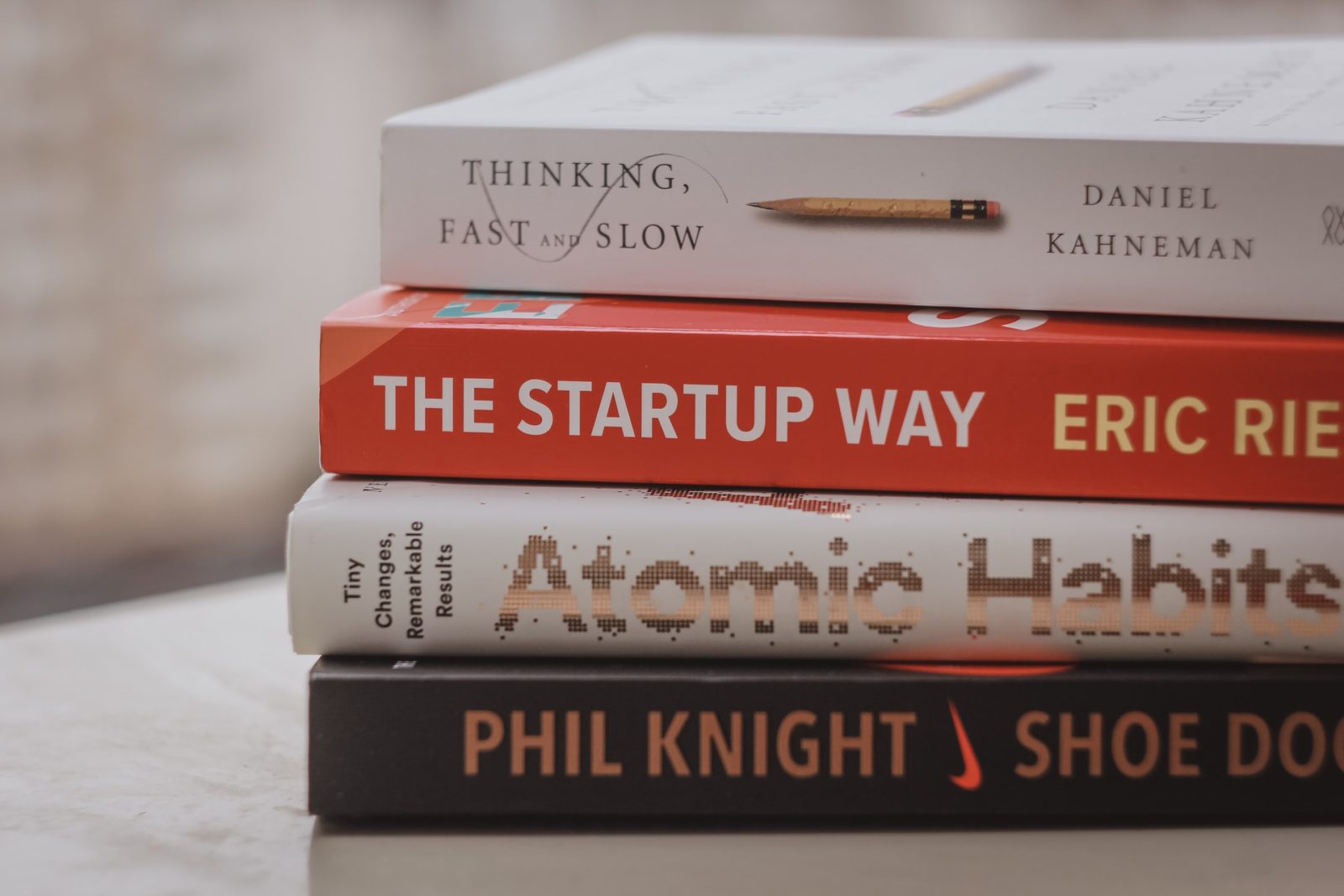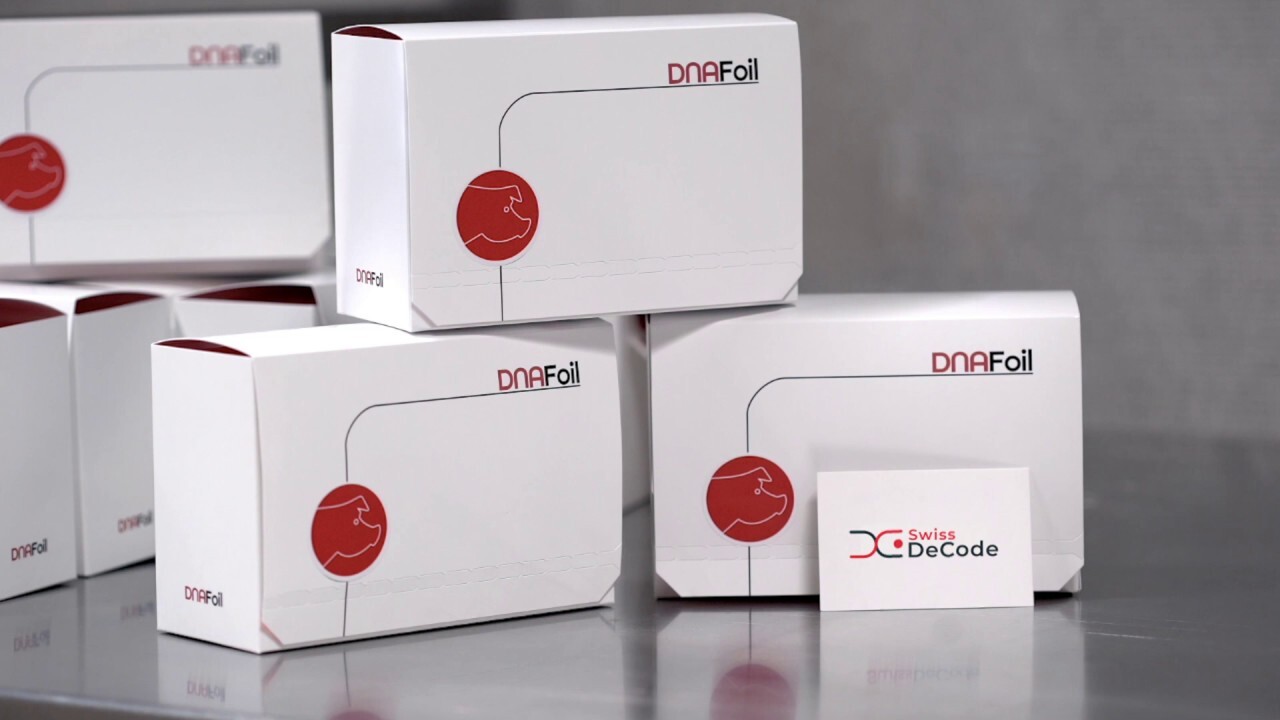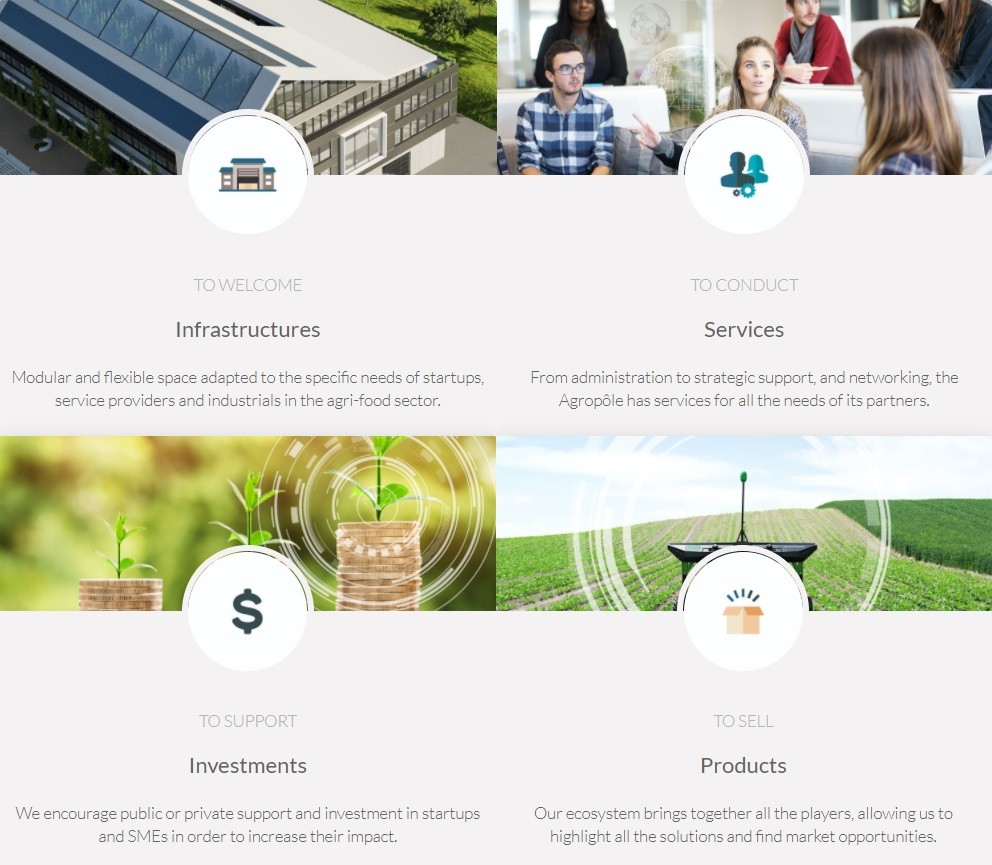With the global population projected...
The State of Fribourg Promotes Agrifood Innovation with New Strategy
The State of Fribourg Promotes Agrifood Innovation with New Strategy
The Canton of Fribourg plans to strengthen its position and become the Swiss leader in the agriculture and food industries.
On January 12th, the Fribourg State Council approved a strategy that gives it a leadership role in the agrifood industry. It is ”based on a Fribourg ecosystem already rich in this sector, exceeding the Swiss average in employment and added value“.
The Canton explained that “representatives participated in the development of the strategy to reflect the expectations and potentials of the sector.” Additionally, “the Covid crisis has demonstrated the resilience of this branch of the Fribourg economy“.
According to the Canton, their initial position is favourable due to heavy investments in the AgriCo Campus at St-Aubin. Meanwhile, the centralization of the Agroscope activities in Posieux have close ties to Grangeneuve. And all of this makes it possible to coordinate various initiatives to create effective synergies.
The Food & Nutrition Cluster will carry out the strategy implementation on a service mandate basis by building on existing structures. And the recruitment of 1.4 extra full-time units will reinforce these frameworks.
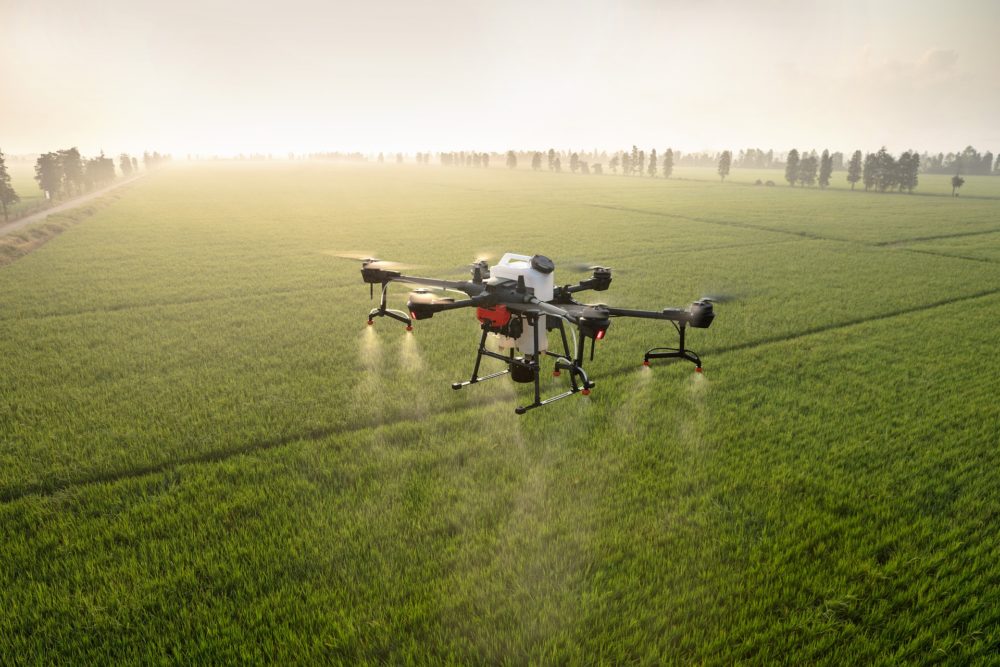
Technologies serving the environment
This development strategy has two main goals. First, to promote the application of digitization and automation (robotics, mechanics, Big Data) in the agriculture and agri-food industries. This shall increase productivity and added value and reduce the impact on natural resources. And the second goal is to make better use of biomass by including innovative technologies such as new proteins.
The last program focuses on consumer behaviour, particularly in terms of nutrition. Essentially, it enables testing of innovative products, the technologies of the future, from farm to fork. “This program will encourage the emergence of agrifood start-ups and the launch of innovative SME products,” said the State’s representatives.
Latest News
Impact Digest | Cultured foods: How can we drive impact at scale?
The Igeho Rising Star Award 2025 focuses on FoodTech innovations
In 2023, Igeho launched the Igeho...
Christina Senn-Jakobsen: Empowering citizens to drive food system transformation
Empowering citizens to drive food...
2024: Taking a big step towards a more future-proof food system
2024 Taking a big step towards a more...





